Busan's Munhyeon Financial District and the second phase of the North Port redevelopment area have been designated as a "Financial Opportunity Advancement Zone." Companies relocating to this special zone will receive substantial benefits, including exemptions from income tax and corporate tax, along with regulatory relief. There is growing optimism that this designation will foster a new financial industry ecosystem in Busan.
At a meeting of the Regional Era Committee held in Pohang, North Gyeongsang Province, on the 20th, President Yoon Suk-yeol announced the designation of eight regions nationwide, including Busan, Daegu, Daejeon, Gyeongnam, Jeju, Jeonbuk, Gyeongbuk, and Jeonnam, as Opportunity Advancement Zones. This initiative is one of the 120 key policy tasks of the Yoon administration. The government aims to designate special zones outside the metropolitan area and offer significant support and regulatory exceptions to encourage large-scale investment. The policy is intended to promote regional balanced development by facilitating the relocation of individuals and companies under regional leadership and leveraging private capital. Notably, Busan is the only non-manufacturing sector zone among the designated areas.
The Busan Financial Opportunity Advancement Zone encompasses 750,976 square meters, including the Munhyeon Financial District and the second phase of the North Port redevelopment area. The primary focus of the zone is attracting companies. When Busan City applied to the Ministry of Trade, Industry, and Energy for the zone designation in March (as reported by the Busan Ilbo on April 3), 29 companies submitted letters of intent to move their headquarters or establish branches in Busan. Among these, the city has designated the soon-to-be-launched Busan Digital Asset Exchange, BNK Asset Management (a subsidiary of BNK Financial Group), and KOSCOM (a subsidiary of the Korea Exchange) as anchor companies. These firms are expected to lead the digital and derivative financial sectors within the zone.
Additionally, companies such as Douzone Bizon and Sejong Telecom, aiming to enter the fourth internet bank market, along with BNK Venture Investment, have also announced investment plans. The city anticipates that these 29 companies will invest approximately 1 trillion won in the zone, generating an estimated 2.7 trillion won in added value.
Companies relocating to the zone will benefit from extraordinary tax incentives and investment subsidies. If a company sells real estate and moves to the zone, capital gains tax and corporate tax will be deferred until the newly acquired real estate in the zone is sold. Startups will be exempt from income and corporate taxes for five years. Acquisition and property taxes will also be fully waived for properties acquired in the zone. The government will establish funds to support infrastructure investments for companies and lift regulations that hinder business activities. Given that the financial industry is heavily regulated, the provision of various regulatory exceptions is expected to be a crucial factor in nurturing the financial ecosystem. In addition to government support, the city will offer 33 billion won in investment attraction subsidies and low-interest financing for development and facilities.
The city envisions that once financial companies settle in the zone, Busan will solidify its role as a hub for digital, marine, and derivative finance. Furthermore, policy financial institutions, such as the Korea Development Bank and the Korea Technology Finance Corporation, which plan to relocate their headquarters, are expected to provide direct financial support to the city's strategic industries, including power semiconductors, secondary batteries, and digital healthcare.
During the assessment for the special zone designation, Busan received high marks for its strategy of concentrating financial institutions and companies and for the living conditions it offers to businesses. The city plans to gradually pursue the designation of additional special zones for power semiconductors, secondary batteries, and mobility. Busan Mayor Park Heong-joon stated, "This designation is a new opportunity for national balanced development and an innovative driving force for Busan's re-emergence. We will transform Busan into a virtuous cycle city where companies, people, and capital converge through the special zone."
Meanwhile, President Yoon expressed his commitment to decentralization at a "Public Livelihood Discussion Forum" held at Yeungnam University in Gyeongsan, North Gyeongsang Province, saying, "Local governments must have the authority to compete fiercely, and with that authority comes responsibility and obligation. Instead of merely allocating grants and a percentage of national taxes, corporate and income taxes should be equally divided between local and central governments." During the forum, a 5 trillion won support plan for the North Gyeongsang region, including the early implementation of the Yeongil Bay Transbay Expressway project, was also announced.





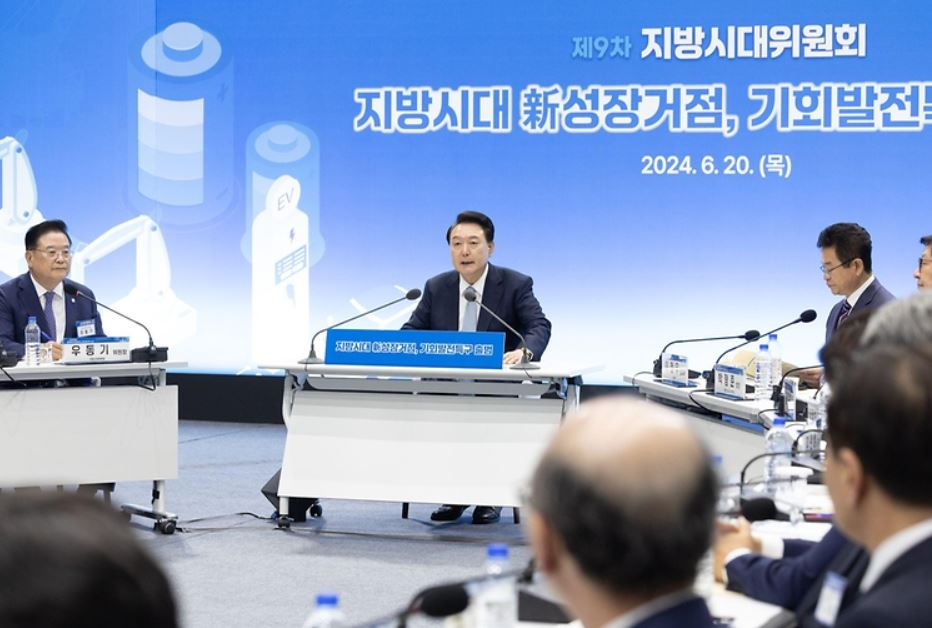



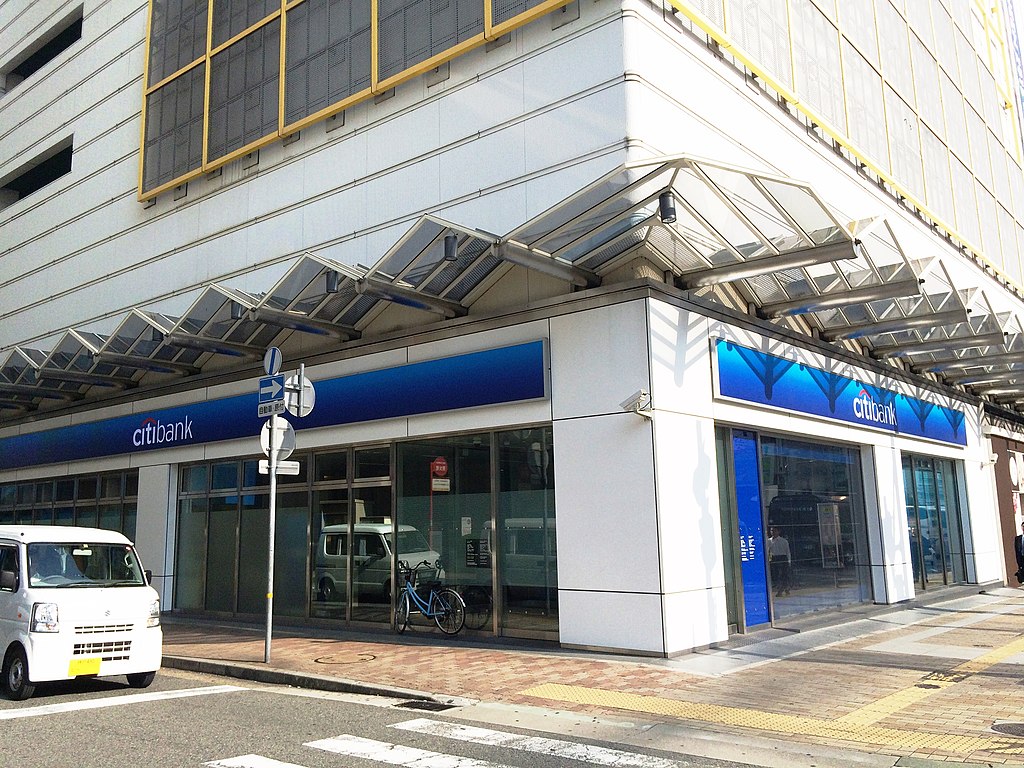
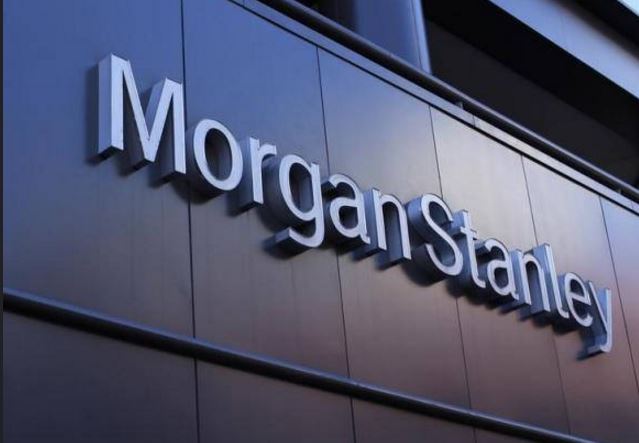



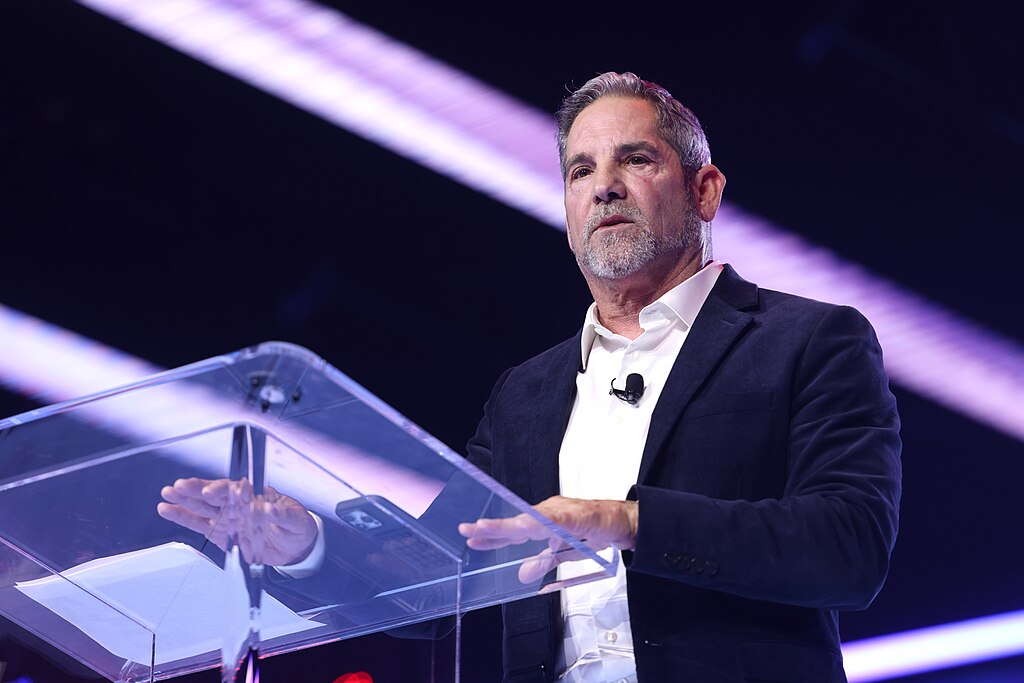
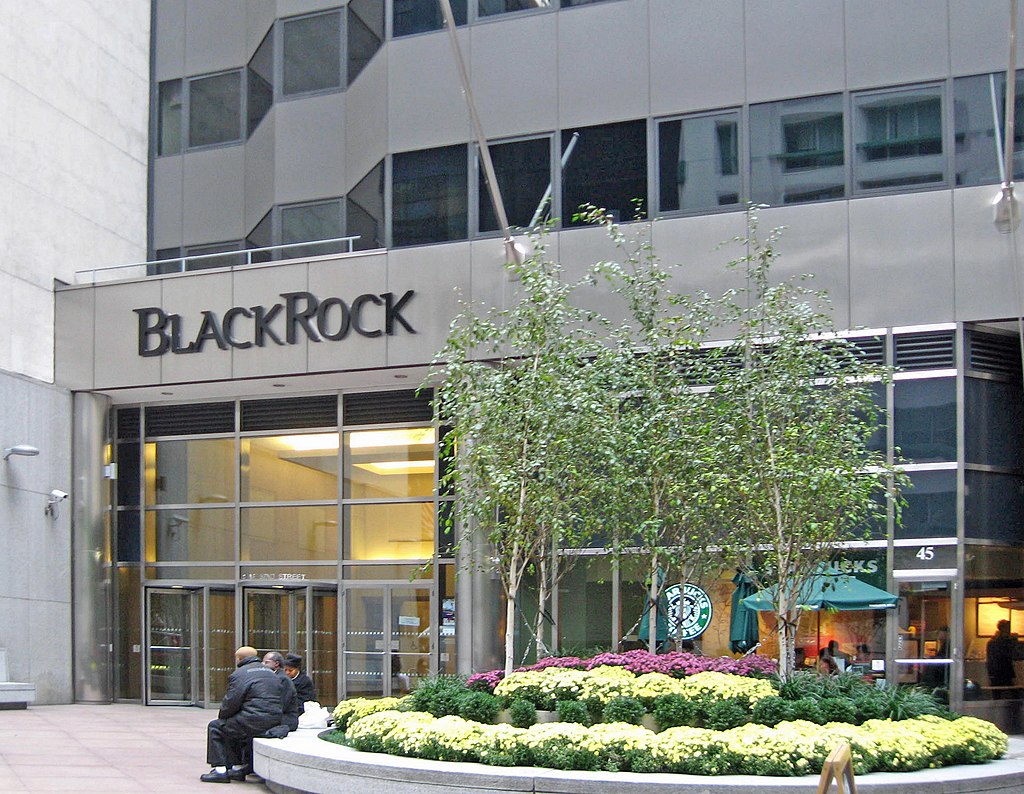









Comment 0